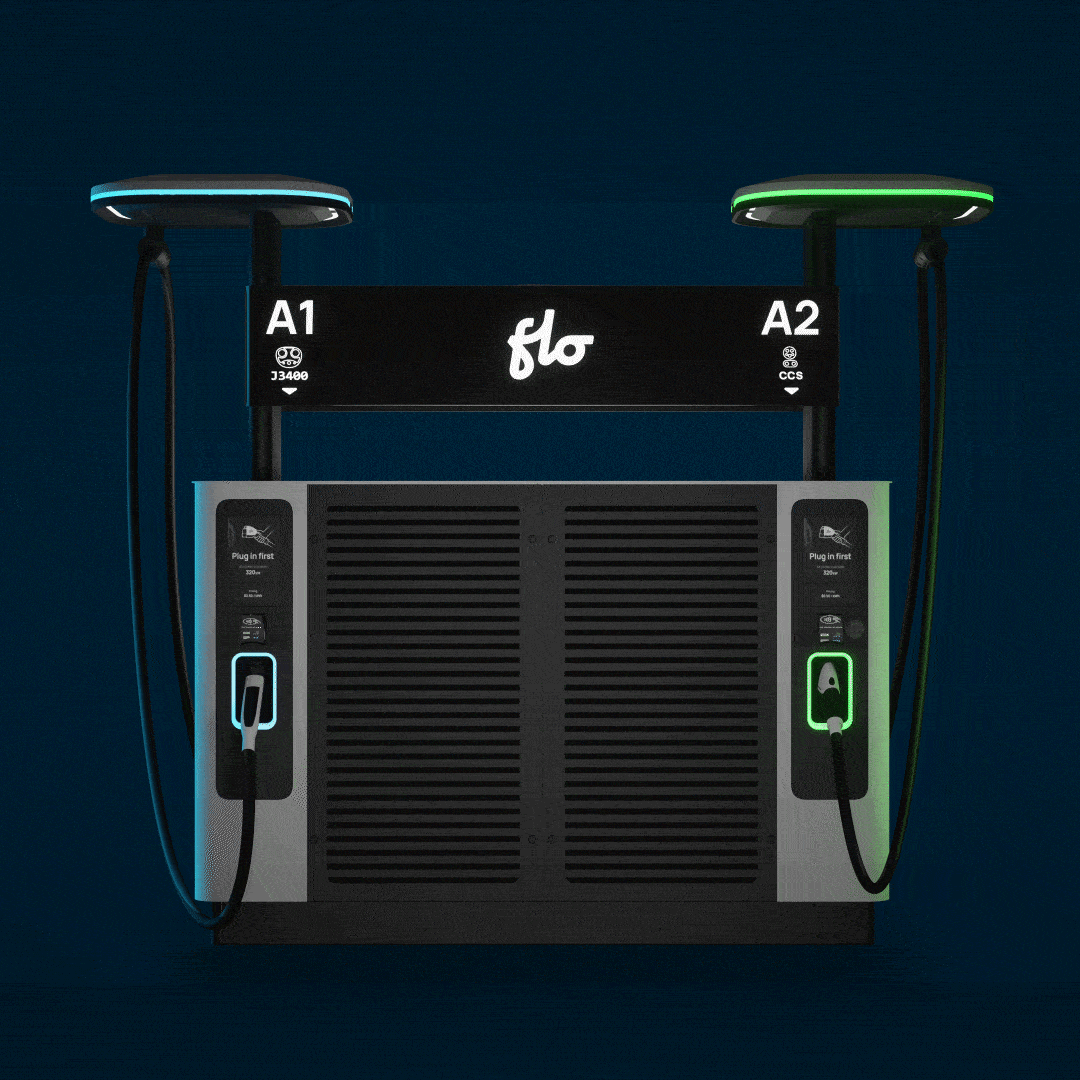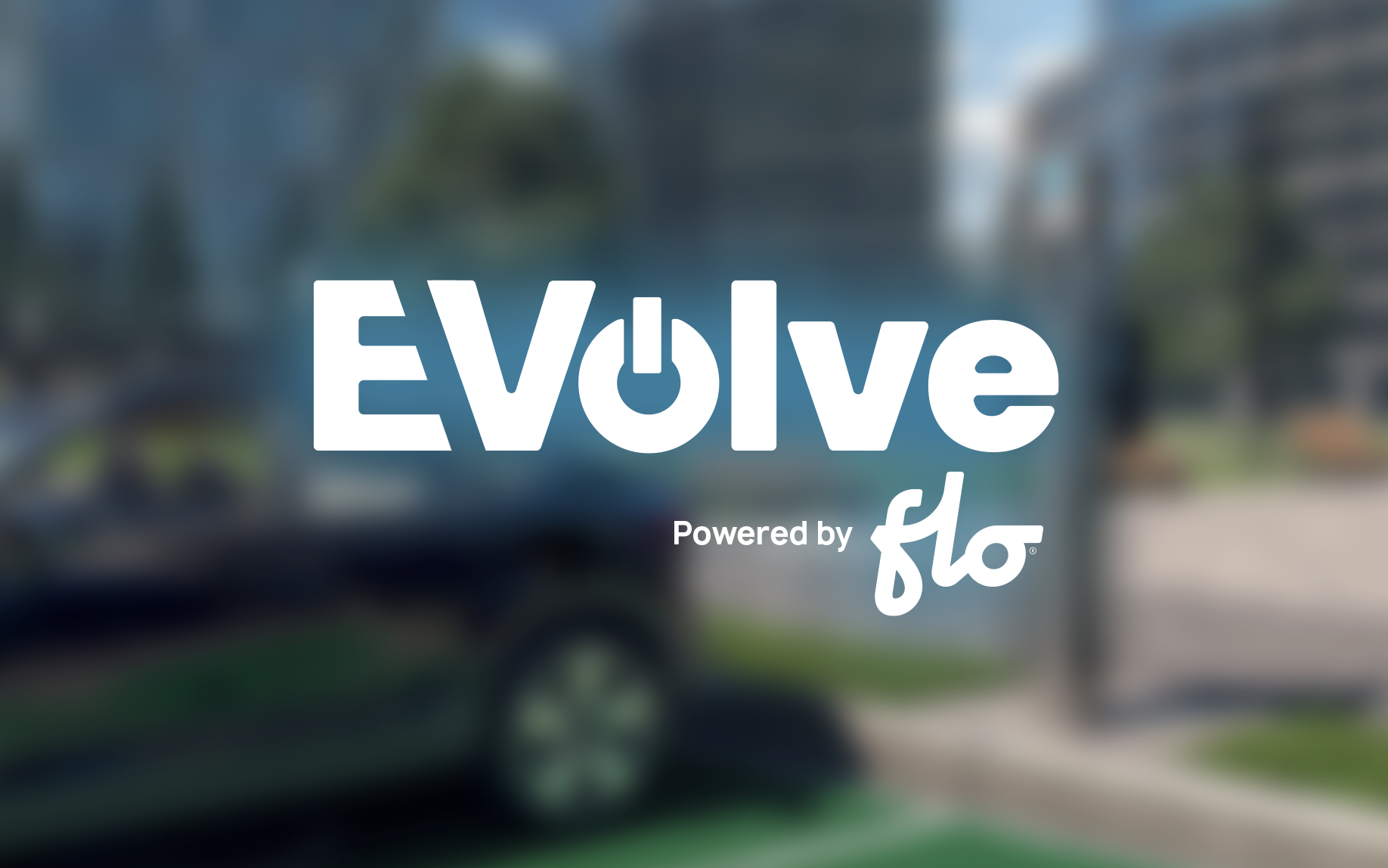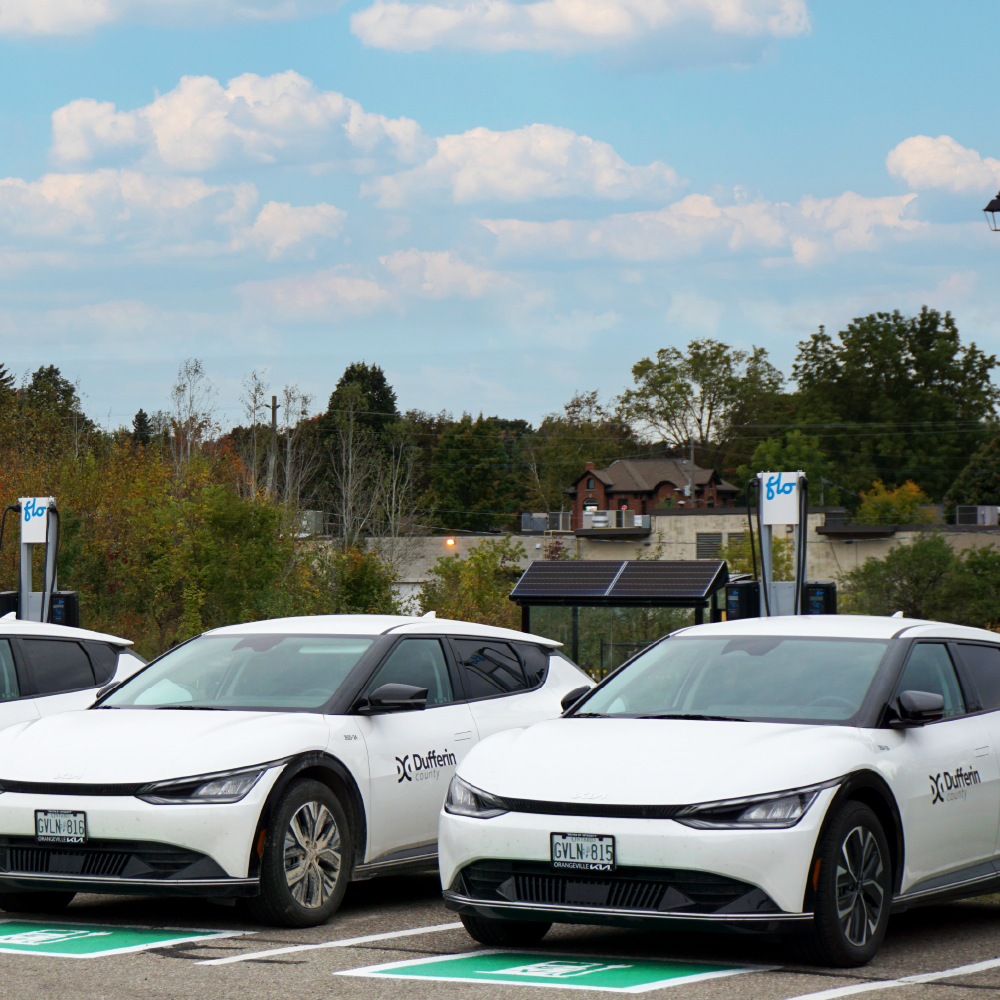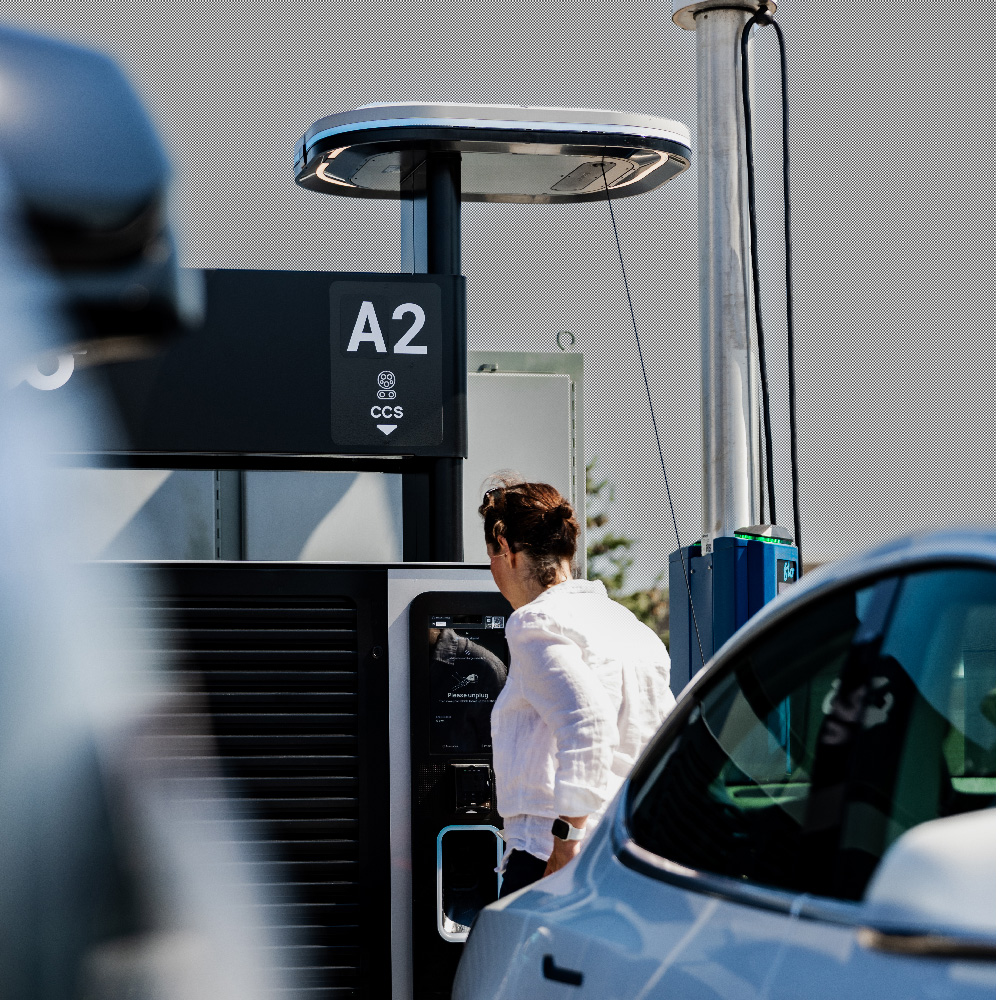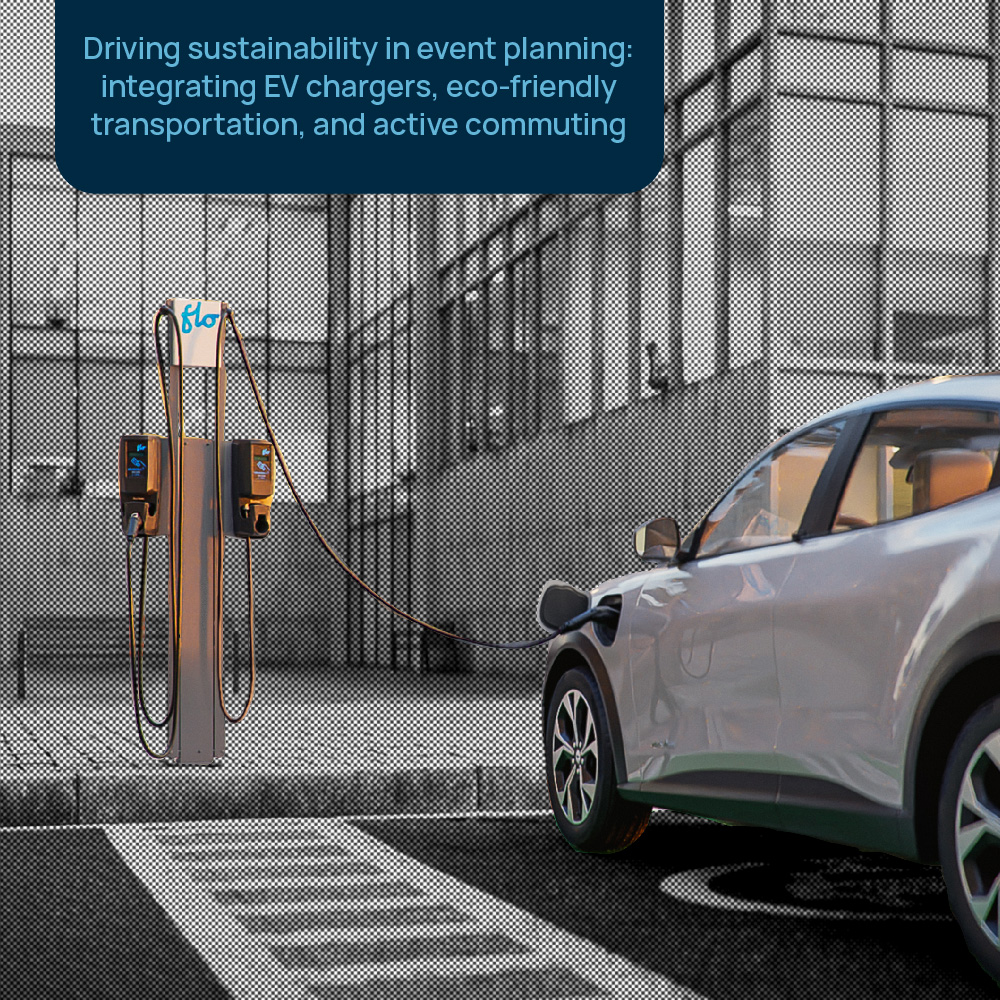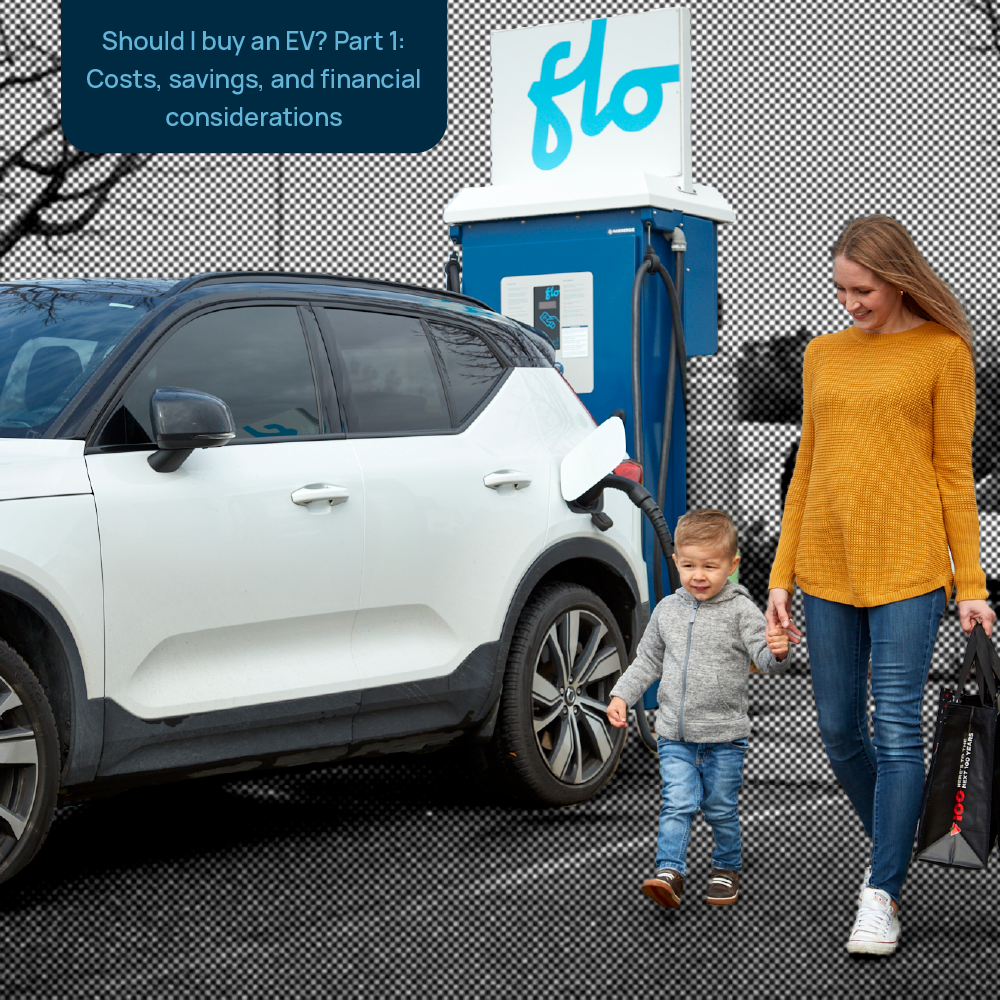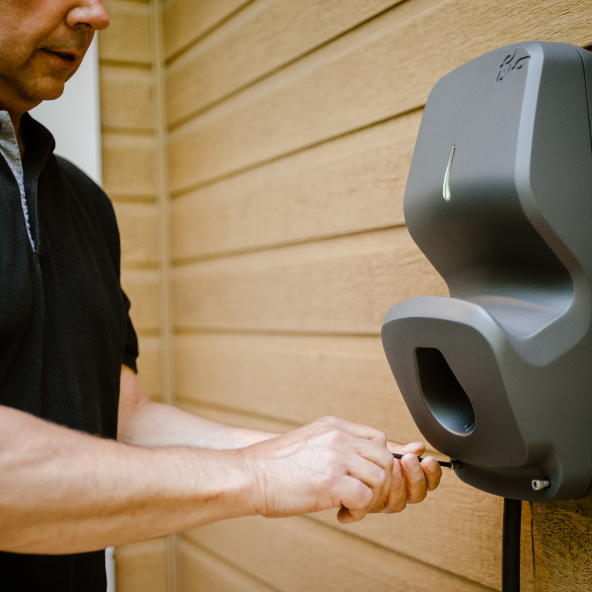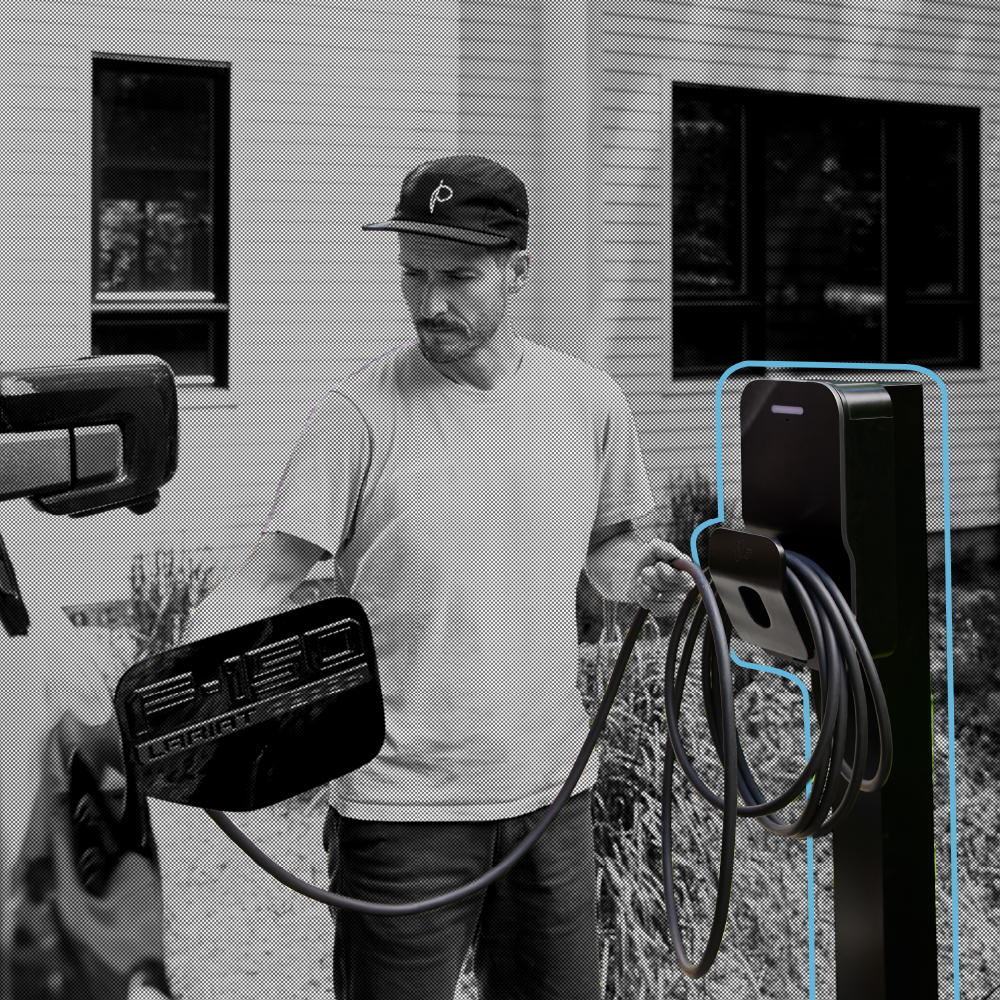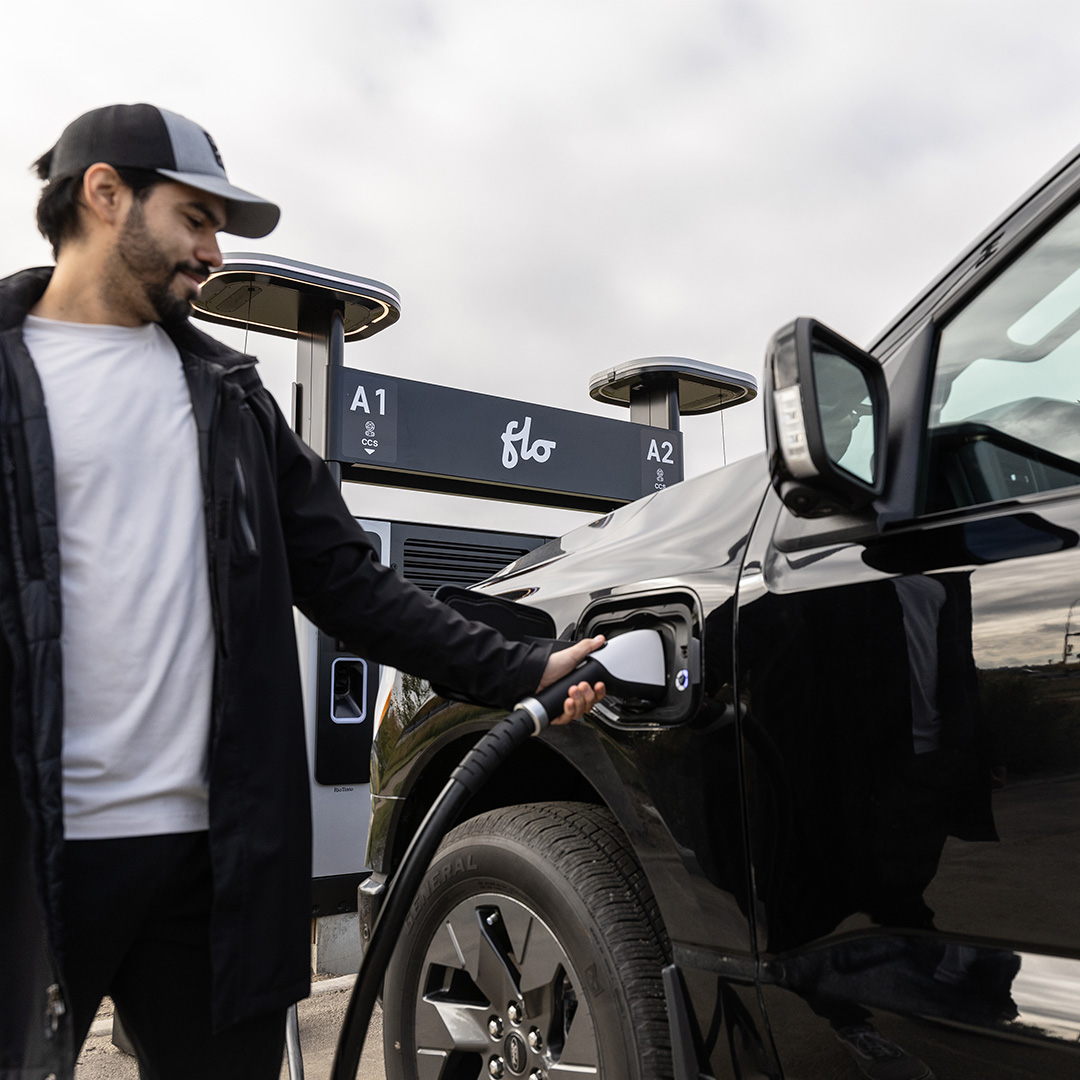- For EV Drivers
- For Business
- Incentives
- Alberta incentives
- British Columbia incentives
- Manitoba incentives
- New Brunswick incentives
- Newfoundland and Labrador incentives
- Northwest Territories incentives
- Nova Scotia incentives
- Nunavut incentives
- Ontario incentives
- Prince Edward Island incentives
- Quebec incentives
- Saskatchewan incentives
- Yukon incentives
- Products
- Insights
- Company
- Shop now
Evolve: Are EVs for everyone?
The EV market is growing with more government investment and auto manufacturers recognizing the increased user adoption of the technology. No longer a technology accessible for early adopters, EVs are fast becoming a realistic option for everyone. Cory Bullis, Senior Public Affairs Manager at FLO, and Gemma Trigueros, Designer UX at FLO, discussed this exciting time in the EV space and what communities are doing to provide accessible EV charging solutions for anyone who needs to plug in.
Listen to the podcast here:
“There are all kinds of investments and policies getting actively designed at the federal, state, and local levels to help grow these markets,” Cory said. The US government recently signed legislation to provide $5-7.5 billion in funding for EV charging. And states and auto manufacturers are also investing billions in EV vehicles and infrastructure.
One of the challenges the EV industry faces in scalable adoption is infrastructure. Consumers want to know there is enough infrastructure, like charging stations, to accommodate their needs. “Even with the publicly available infrastructure that we have out there, there’s been a lot of problems with broken chargers not working for any number of reasons,” Cory said. “If we’re trying to convince people that they should be purchasing EVs, but when they charge, it is a frustrating experience; that’s going to dampen their interest.” Luckily, new legislation is coming in to improve uptime in EV charging infrastructure. Learn more about how California is paving the way with its EV Charging Reliability Transparency Act, a bill Cory helped craft.
Equity is a primary concern for those who want to own an EV. “Not everyone has access to home charging,” Cory said. “Home charging, whether installed in your driveway or your garage, is generally considered the cheapest and most convenient option for charging. But not everyone has the privilege of that, especially people living in apartment complexes, or maybe they live in single-family homes that don’t have garages or driveways.” Addressing access to convenient EV charging is an equity issue that will accelerate EV adoption.
The solution for those who cannot charge their EVs at home is more available public charging stations. Gemma said she and her team are working hard to solve that challenge. “Our role here is asking where are we going to put those chargers to make life easier for EV drivers, so the option becomes easier for them.”
Designing EV charging experiences with an inclusive mind frame starts with asking questions to a wide range of drivers. Gemma worked on bringing more diversity to FLO’s panels—starting with women, who now make up a large portion of car purchasing decisions. She said female EV drivers typically bring different concerns to the table, including safety and accessibility, subjects Gemma strives to learn as much as possible about as a user experience designer.

